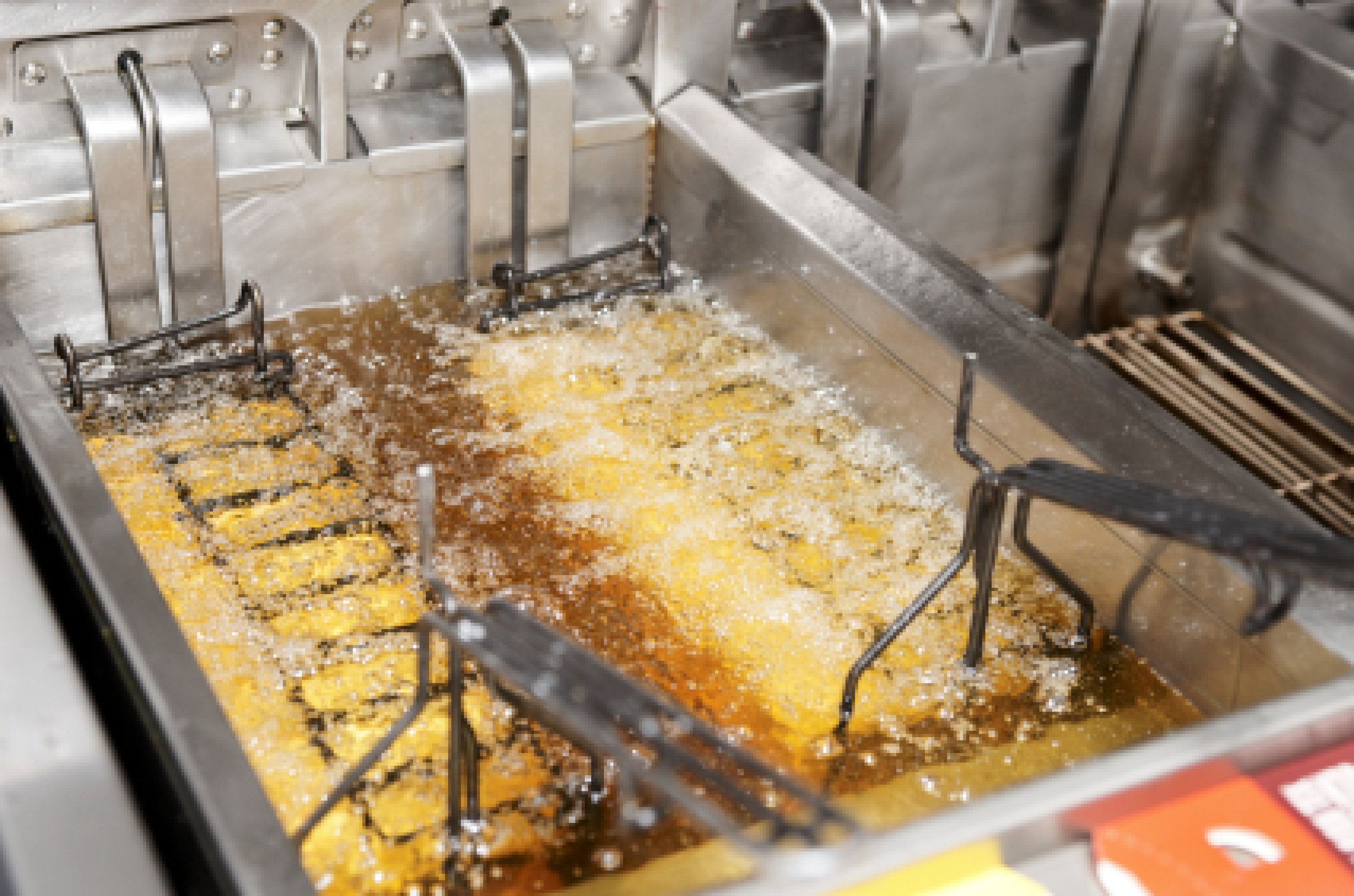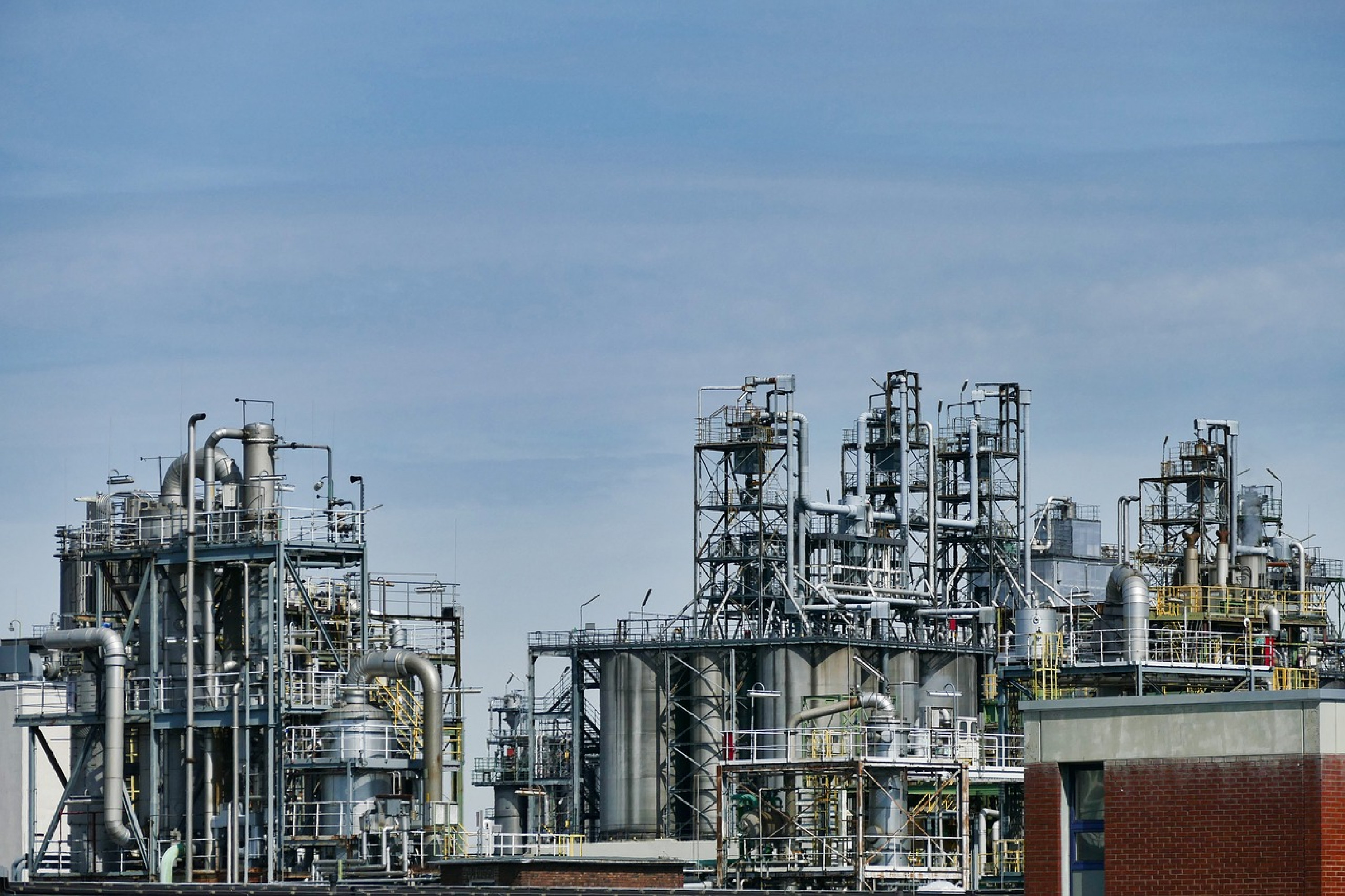Authored by Susan Cheah
Published at 01 Apr, 2021
Yes, Cooking Oil Can Be Recycled
It seems us Malaysian are getting more aware of the importance of recycling, and its impact on a more sustainable world. That said, not many people are actually aware of recycling of used cooking oil is actually a thing.
Cooking oil is basically fats from plants, animals, or even synthetically made that is used for cooking in the kitchen like frying and baking. Especially in restaurants, these are used in large quantities.

Unfortunately, many of them actually pour used cooking oil down the sink either for the sake of convenience or pure ignorance. In fact, it’s so common that it has become a distress for Klang Municipal Council.
“Our observation showed the clean-up of drains in commercial and residential areas involved a few million liters of used cooking oil and fryer fats that had been poured into kitchen sinks and end up clogging the drains,” said Klang Municipal Council (MPK) president Datuk Mohamad Yasid Bidin.
While cooking oil is in liquid form, when poured down the sink or the drain, it comes into contact with water in the drainage network, which then solidifies into greasy lumps, which in turn forms into thick rubbery clumps that line along the drain, causing horrible pollution, and may eventually clog the drain resulting in much worse consequences.
Having done so it’s bad for the environment and in fact, it is also a form of monetary losses If only more restaurateurs are aware the cooking oil can be recycled and that they can actual profit from it. The greater part is that after being recycled It can be used to produce energy like biodiesel or directly as a fuel. If not, they can also be used to make soap or other industrial products. The potential is so vast that it just makes no sense just to pour it away.
In the recycling industry, used cooking oil (UCO) is recovered from the restaurant and food-processing centers like the central kitchen which typically houses plenty of deep fryers or griddles. The collected oil also known as recycled vegetable oil (RVO), used vegetable oil (UVO), waste vegetable oil (WVO), or simply yellow grease.
While most of the yellow grease is used to feed livestock or to make other items like soap, make-up even clothes and rubber. As for other used cooking oil (UCO), some are normally being converted to biodiesel, although there are some demands to be used directly in the modified diesel engines. Lastly, these used cooking oils can also be used for heating
Collection for recycling is also mostly a straightforward process. Used cooking oil can be collected with proper barrel directly and pick-up by the recycling companies. In other cases, grease traps or interceptors can also be installed to the kitchen sink and floor drains to collect the fats and oils which would otherwise cause clogging in the sewer lines or worse, interfere with septic systems and sewage treatment.

These collected products are called brown grease in the recycling industry. Brown grease considered unsuitable for re-use in most applications due to the fact that it is contaminated with rotted food solids. The brown grease however can be processed and produce up to 81.3% recovery of lipids. These processes basically exploit waste streams as feedstocks and can significantly reduce costs to produce fuels and can be brought to scale more rapidly due to their ready availability.
Now that you learned about the importance and the great amount of benefits recycling of used cooking oil brings to the table, you can do your part by sharing this with your friends and any restauranteur that you know.
Capital Oil offers a quick, clean, and timely collection of Used Cooking Oil (UCO). Collection schedules are established in advance with customers to ensure there are no overflows of UCO and are generally scheduled on a weekly service cycle. We can also customize a collection interval to suit your specific needs.
